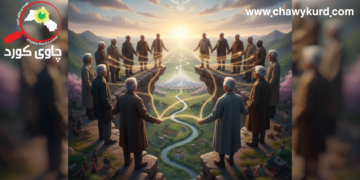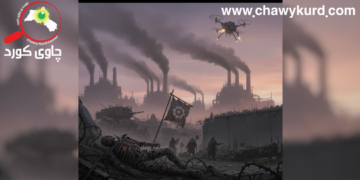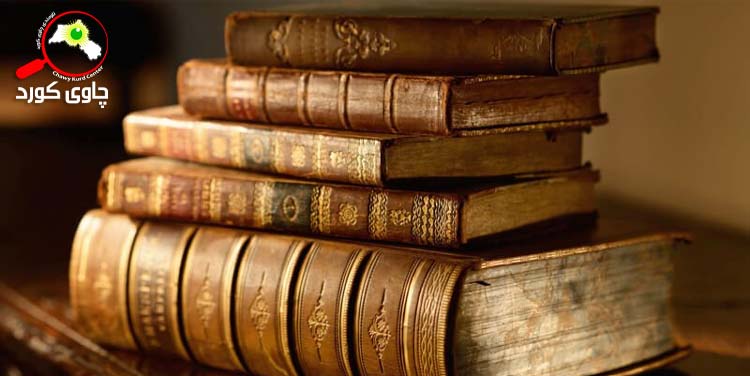“There is a nature in history and a history in nature”
Carl Humble
What is history? Is the study of history important, which nations around the world dedicated their time and energy to it? Is the content of history important enough to go to the origins? What is the point of meaning, reading and knowing history? To answer these questions, we need to understand the meaning of history. Understanding the meaning of history is divided: some believe that history includes all the information we need to know about the creation of existence, including the earth, the earth, the stars, and all the events related to human. Others (the majority) conclude the meaning of history to the study of past events. As the term Istoria its origin belong to ancient Greek and dates back to the sixth and fifth centuries B. The term was originally used to mean the search for anything worth knowing. This, of course, has a general meaning, and the things to know are many and varied. The search for these things can be done in different and diverse ways. In other words, what is the information we want to achieve and what research methods will lead us to that information?
Over time, the term was narrowed down to refer to only one type of information: knowledge of past events. That is, any event related to human beings from the beginning of the fingerprinting on the earth. Thus, the word and its meaning were first used by Greek historians such as Herodotus and Theochides. In this regard, Herodotus (the father of history) in his definition of understanding history said: History is the search for the truth of events. What becomes clear from this definition is that history itself is not just a writing of stories, events and even facts of the past. Rather, history is the search, examination and study of these events to reveal their facts through critical theory and revision. The term and its meaning have changed over time, further research, advances in knowledge and science, and the emergence of new thinkers, writers and researchers. Until, it became (History) which means the act of something reaching a certain level of development. According to the ancient view of history, the past was man, especially human political activities and institutions. However, in the nineteenth century, the meaning of the term history changed to a universal meaning that, as Aristotle believed, applied to everything perceived, whether animal or not. This is logic, and history in that sense becomes a universal thought.
In Arabic, the word (al-tarikh, al-turikh التاریخ، التوریخ) refers to the knowledge of time. It refers to the history of something that dates back to that time. In Kurdish, it has the same meaning and is to read and talk about any event that happened in the past and has a time.
Each natural scientist and historian describes the event in their own way and each complements the other, and both are important for the advancement of human knowledge. F. Hrnchu says: History is not a science of experimentation, but a science of criticism and reflection. For example, it is not like cosmology, which is a direct examination. It is not like chemistry, which is an experimental science. The closest similar natural science is geology. Just as a geologist studies the earth to see how it became what it is today; the historian studies the remains of the past in order to interpret the present. Historians and geologists study the remains of the past to distinguish between the past and the present. Of course, from this point, the task of the historian is more difficult since he needs to study and study human factors to approach the historical facts. Hence, history is a mixture of science, literature and art at the same time.
One of the qualities a historian should have is a conscious and patient love for the subject. The difficulty of the research and the problems and obstacles should not prevent it from continuing. Don’t let the lack of resources stop it. Do not be cooled by the ambiguity of historical events and their confusion. Instead, he must spend months and years traveling this place and that country to investigate historical events and arrive at reliable facts.





























































